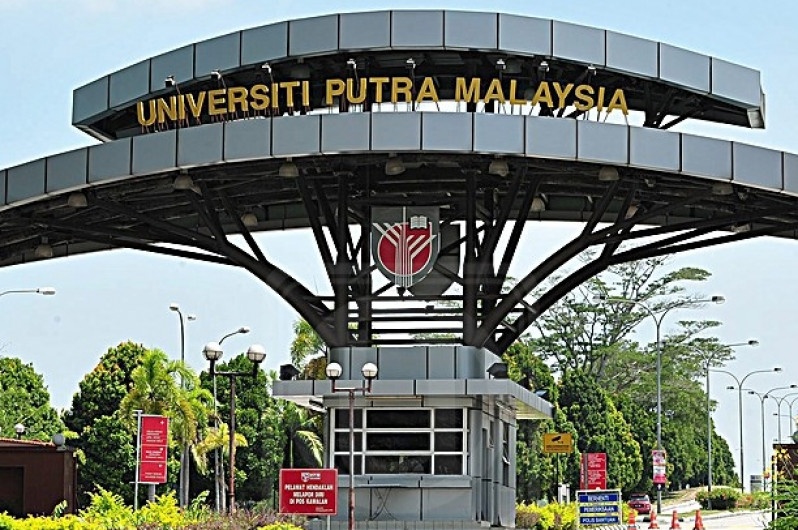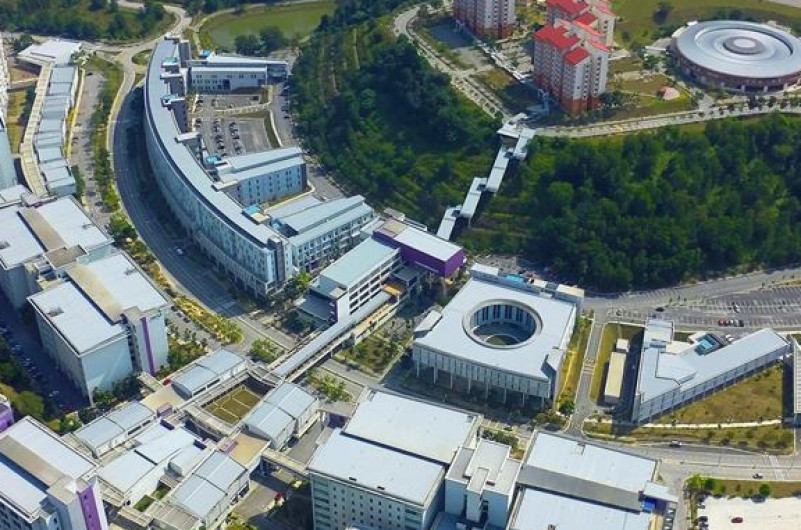What is Remote Sensing and Geographic Information System?
Remote Sensing is an engineering science to obtain information from an object that is around the earth's surface without going through direct contact, but with the help of sensor technology to produce images. While the Geographic Information System (GIS) is a computer-based system for managing spatial information data that has a definite location reference on the earth's surface. The Remote Sensing and Geography Information System (PJSIG) study program is available in the D3 level of education. The Remote Sensing Diploma Program and Geographic Information System or abbreviated PJSIG are similar to the Cartography and Remote Sensing study programs. But in the PJSIG study program we will get more practical activities.
Why did you choose this programme?
This study program is suitable for those of you who like geography lessons, are interested in the correlation between the condition of the earth's surface and city planning and its influence on social welfare, mapping, and things like interpreting satellite imagery. But the geography emphasized in this study program is included in the science and technology family, not IPS as we usually know in high school.
Subjects in Remote Sensing and Geographic Information System
- 1Mathematics
- 2Meteorology Climatology & Hydrology
- 3Use of Land and Vegetation
- 4Geological Geomorphology and Soil Science
- 5Cartographic
- 6Photogrammetry
- 7Remote Sensing
- 8Soil Measurement Science
- 9Digital Image Processing Image
- 10Interpretation for Land and Vegetation Usage Survey
- 11Regional Development
- 12GNSS(Global Navigation System Satellite)
- 13Remote Sensing Data Interpretation for City Survey
- 14Resource Evaluation Land
- 15Geography Information System
- 16Human Geography
- 17Ecology and Environmental Sciences
- 18Disaster Mapping
Suitable Student's Characteristic
- Conscientious
- Determined
- Details
- Rational
- Observe
- Structured
- Broadminded
- Research
Job Prospect for Remote Sensing and Geographic Information System
Science about PJSIG is needed in mapping surveys for city planning, resource management both forest, mineral and marine, disaster mitigation, to management of telecommunications network facilities. PJSIG employment opportunities are so extensive that graduates can work in government agencies such as the National Survey and Mapping Coordination Board, National Land Agency, Ministry of National Education, Provincial / District, Regional Governments, Ministry of Forestry. Graduates can also work in private companies engaged in the survey and Mapping, Health, Agriculture and Plantation, Mining, Economy and Banking, Forestry, and others sectors.








